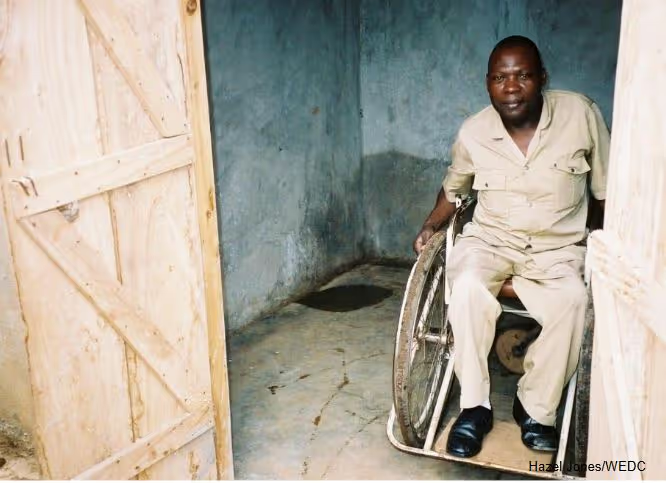BARRIERS TO INCLUSION - SUDAN 2021 REPORT

Globally, an estimated 3.6 billion people lack access to appropriate sanitation, 2.3 billion lack basic hygiene services, and 2 billion people use water sources contaminated by feces causing a myriad of diseases (WHO &; UNICEF 2021). This lack of access is further exasperated in conditions of humanitarian crises, where systems are either strained or non-existent. Muslim Aid is committed to ensuring its Water, Sanitation, and Hygiene (WASH) programming in humanitarian settings is guided by evidence and knowledge, and supports the most vulnerable members of our communities including people with disabilities and older people.
This research reports reflects this commitment by MA, and aims to provide insights which will guide MA, and other WASH implementors in the sector, in designing and implementing inclusive WASH programming. This study explored barriers to inclusion faced by older people and people with disabilities face WASH programming in complex internally displaced people’s (IDP) settings in Sudan. The study focused on technical/environmental, institutional/organisational as well as attitudinal barriers using a Participatory Action Research Methodology (PAR) allowing the voices of people with disabilities and older people to be raised.